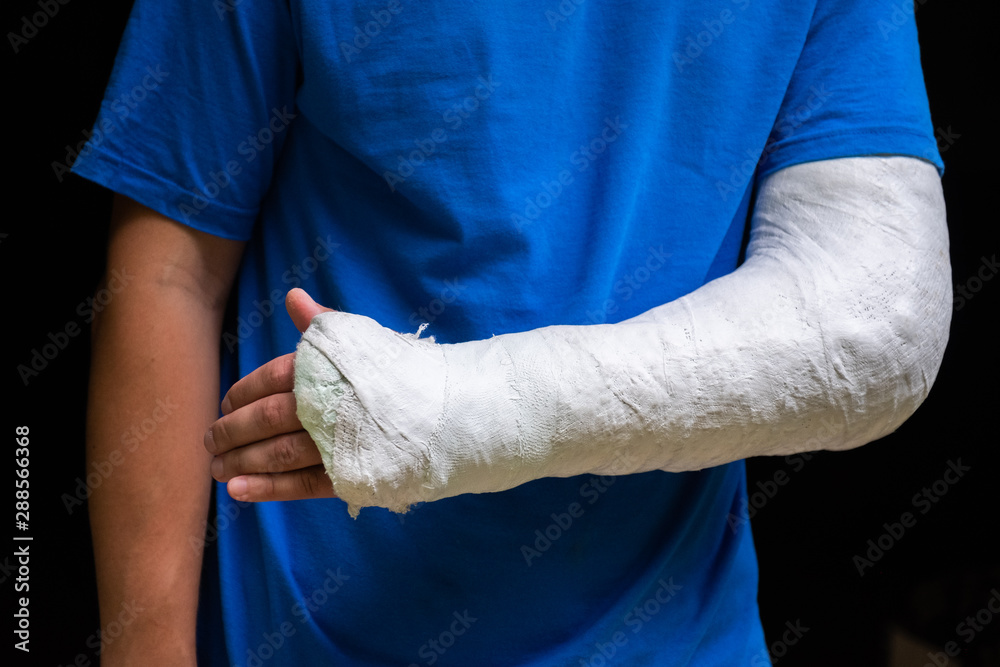My 86-year-old great aunt, Astrid, was the definition of “cool aunt.” She traveled to every continent except Antarctica. She ran marathons across the Great Wall of China and the site of the first modern Olympic games in Athens, Greece.
It appeared the marathon-running gene did not get passed down my way. At 29, I found I could barely run a mile. I used to play sports in high school and enjoy running, but now I was quite slow and quick to fatigue. Whatever I tried was not helping me increase my distance. I thought back to a few years ago, when my aunt, Astrid, told me that she was still regularly running 5Ks. What? In your 80’s?
It turns out that in 2023, about 60 runners of the New York Marathon were above the age of 80. Aunt Astrid was not an anomaly but surely had some wisdom to share about running long distances for a long time.
In mid-October, I called and asked her to put me on a running plan. Her answer really surprised me.
Her plan was more about rest and recovery than it was about actual running.
She told me not to run every day, to run slower than I had been and to build up distance very gradually. I asked her how her own exercise plan has changed over her lifetime, and she said, “It hasn’t! I just got slower.” When you’re focused on recovery, it is easier to adapt to age-related changes in speed.
Throughout late October and early November, I tried Aunt Astrid’s running plan. I increased my distance from one mile to almost two miles in only two weeks.
I set out to write this blog about longevity and physical resilience in later adulthood, but life had other plans. Less than a month after Aunt Astrid put me on the plan, she was diagnosed with a fast-growing brain tumor. The reality set in: my seemingly invincible aunt was not going to get better.
What amazed me was that Aunt Astrid was already fighting an invisible illness even as, living wholly in her identity as a runner, she shared her wisdom and legacy with me.
That reminded me of one of my favorite psychotherapy interventions that I use frequently as a geropsychologist: meaning-centered-psychotherapy. It was initially developed out of Memorial Sloan Kettering Cancer Center to help individuals living with cancer find meaning in life, despite the existential distress and suffering that can come with a life-limiting illness.
One of the main components of the treatment is the idea of “being” versus “doing.” All our lives, we typically focus on external achievements or actions (doing). When someone develops cancer, they may not be able to do all the things they used to.
Being, on the other hand, refers to one’s values and connection to a larger purpose. Rather than actions being the primary focus (e.g., running), the goal is to shift one’s focus toward one’s inner experience. What is meaningful about running? How can we connect with what is meaningful behind an action, despite hardship, disability, or illness? How could Aunt Astrid continue to ‘be’ a runner when she could no longer ‘do’ the action of running?
Unfortunately, I was never able to ask my aunt these questions because her illness progressed so quickly. Only a few weeks after we talked on the phone, she lost her ability to speak, was diagnosed with brain cancer and began receiving hospice care.
Though I never asked Aunt Astrid what was meaningful about running, it was obvious that her identity as a runner continued through her last month of life. Her friends from her New York City running club came to visit her at her bedside. My mom put the New York Marathon coverage on the television in her hospice room, so that she could watch her nephew Zachary crossing the finish line in her honor. She continued to be a runner in every sense of the word, despite her inability to physically run. Eventually, her 20-plus running medals were displayed at her wake.
As I grieved the loss of this inspiring woman, my partner reminded me that Aunt Astrid’s advice about running can apply to much more than running. Focusing on rest and recovery is important not only in long-distance running but in grief, in hardship and in life.

Anastasia Canell has a PhD in clinical geropsychology, a specialty that focuses on understanding and helping older people and their families. She has worked in hospitals, skilled nursing facilities and outpatient clinics, providing psychotherapy for individuals, groups and caregivers, and is currently employed as a dementia specialty care psychologist. She also does research and has written and spoken extensively about issues associated with aging, such as the way becoming an older person’s caregiver impacts young adults (18 to 25).



